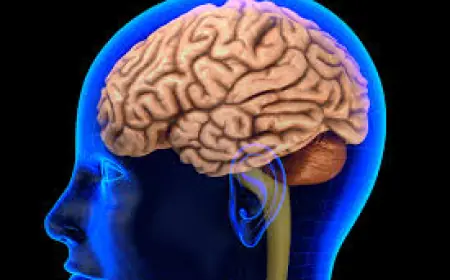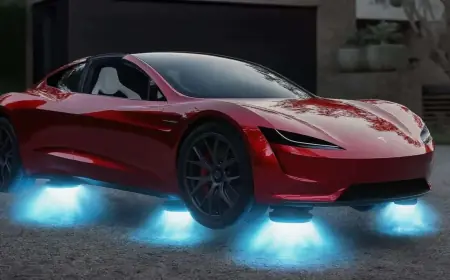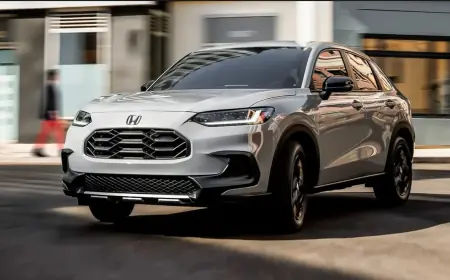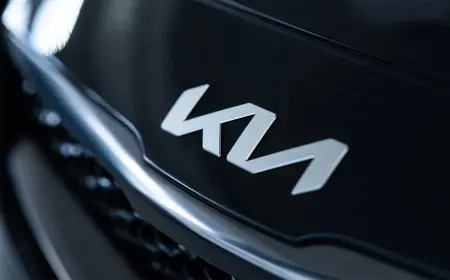Quantum Processor vs. Supercomputer: Who Will Win the Race of the Future?
A quantum processor recently performed a complex calculation in just 20 minutes — a task that scientists estimated would take a classical supercomputer millions of years. But then came a twist: that same supercomputer managed to solve part of the task in just two hours. This raised doubts about the total dominance of quantum technology and sparked intense debate within the scientific community.
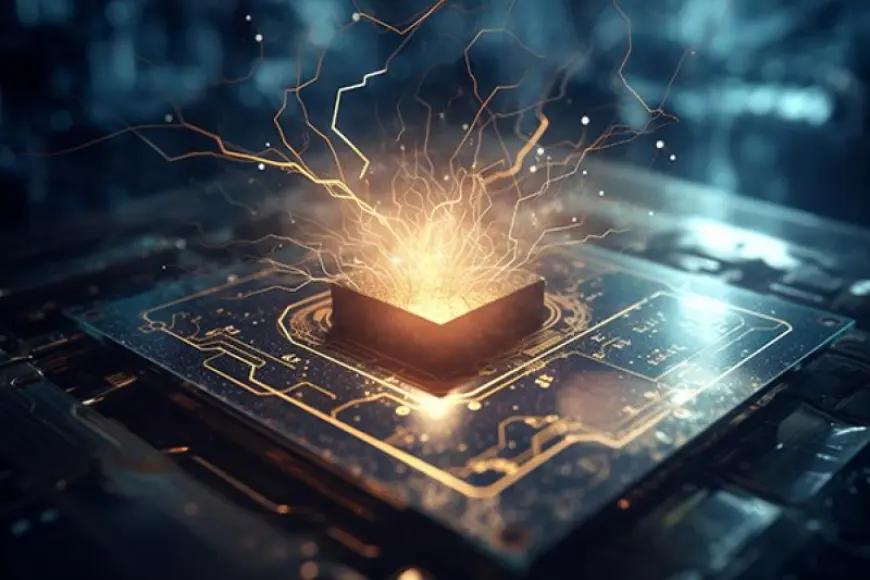
What Are Quantum Computations?
Unlike classical computers that operate with bits (0 or 1), quantum computers use qubits, which can exist in a superposition of 0, 1, or both at the same time.
This allows them to:
Process millions of states in parallel
Solve problems that classical machines can't
Potentially break all encryption and simulate the universe
Clash of the Titans: Quantum vs. Classical
Parameter Supercomputer Quantum Processor
Performance: 10¹⁷ ops/sec / Theoretically 10²⁴+
Precision: High/Sensitive to noise
Availability: Mass production/Only in labs
Power: Consumption Megawatts/Milliwatts
Cost per Solution: Cheaper/Very expensive (for now)
Why It Matters
Quantum supremacy isn't just a competition — it's a battle for the future in:
Cryptography and cybersecurity
Drug and protein modeling
Artificial intelligence
Energy systems and logistics
If quantum computers become stable and scalable, the world of IT, science, and economics will change forever.
Why Classical Computers Aren't Dead Yet
Although the quantum chip impressed with its speed, the classical supercomputer, powered by NVIDIA GPUs, found an approximate solution in just a few hours.
This shows that:
Algorithms for supercomputers are evolving
Quantum "supremacy" can be challenged through optimization
Not every task is yet solvable by quantum systems
Who Leads the Quantum Race?
Google – First to declare quantum supremacy (Sycamore, 2020)
IBM – Building quantum clouds and increasing accessibility
China – Advancing photonic quantum systems
Russia & Europe – Investing in national quantum programs
India, Israel & UAE – Catching up with heavy investments in talent and tech
Conclusion:
Quantum processors represent the future — but not the only one. Classical computers are still in the game.
The future will likely be hybrid: AI, biology, and cryptography will benefit from the best of both worlds.









